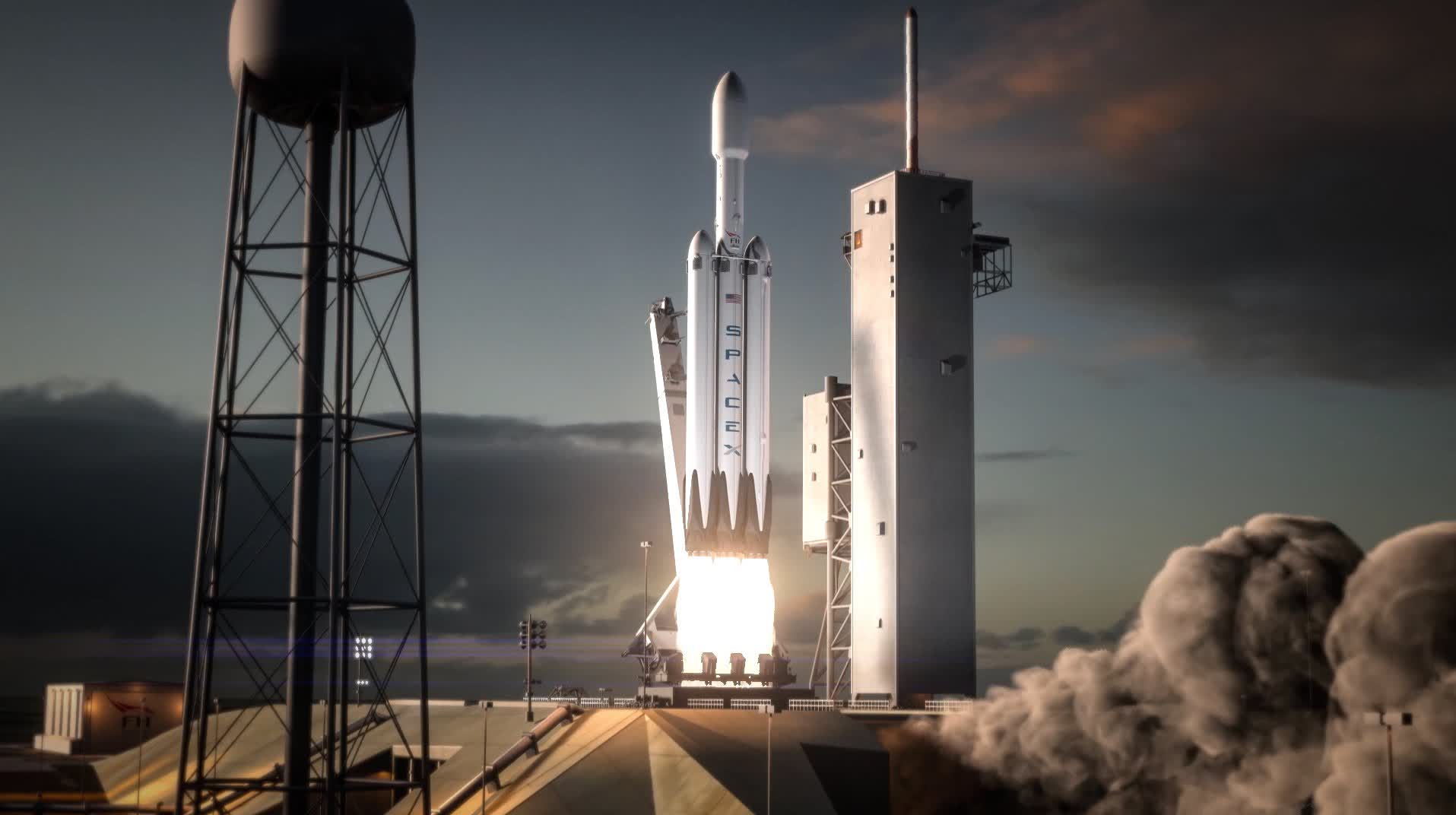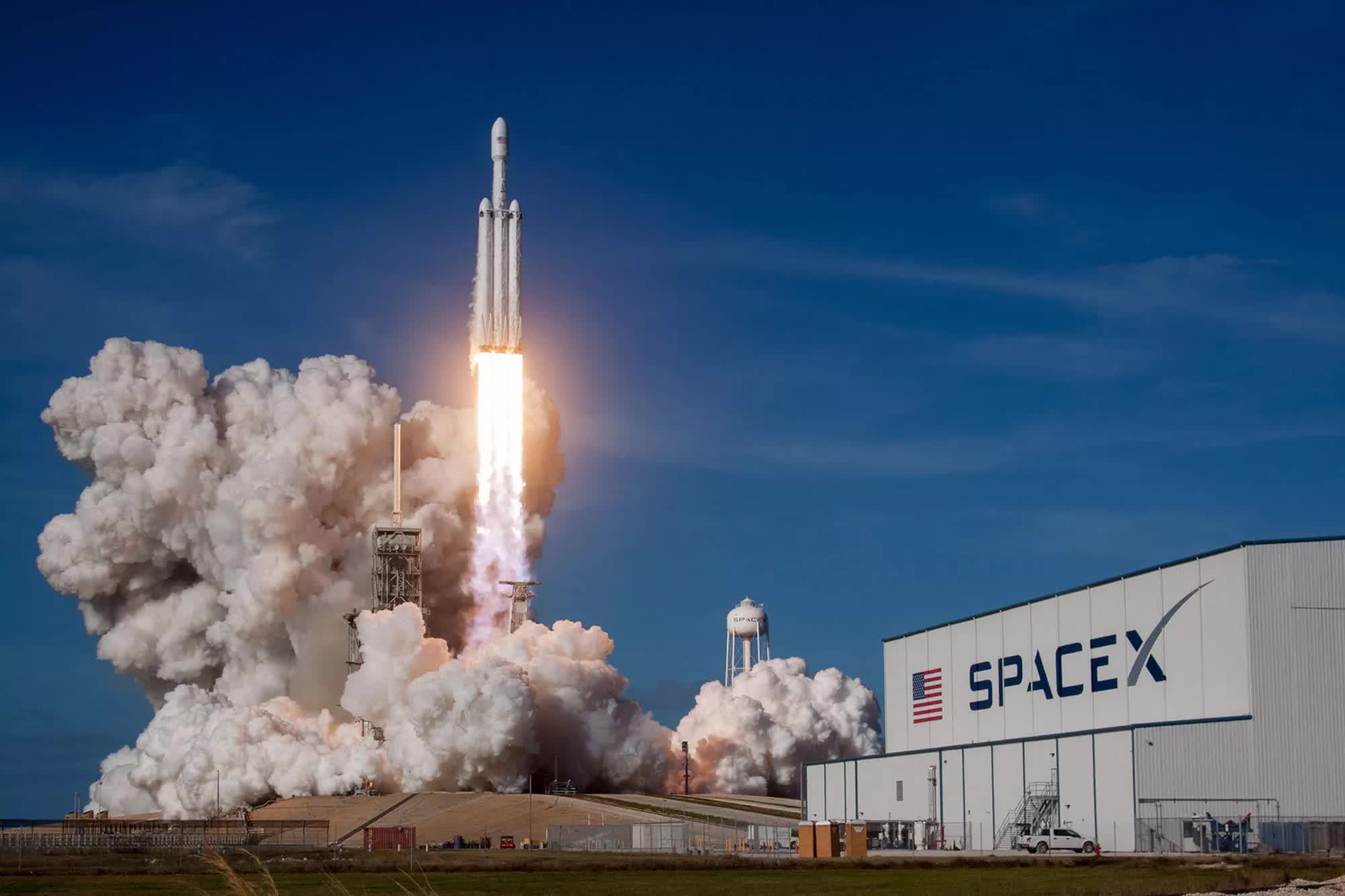What just happened? Elon Musk's SpaceX has landed in hot water with Texas regulators over the company's repeated discharge of pollutants into state waterways. The Texas Commission on Environmental Quality issued a violation notice to SpaceX last week, citing the aerospace company's unauthorized deluge water discharges from its Starbase facility in Boca Chica.
This follows a violation issued by the Environmental Protection Agency's regional office five months ago, related to the same unpermitted activity, according to a CNBC report.
TCEQ documents obtained by the publication reveal that the agency's Harlingen office, located near Starbase, received 14 complaints about SpaceX's deluge system polluting local waters without proper permits. After receiving the EPA's violation notice in March, SpaceX had 30 days to apply for the necessary wastewater permit but reportedly delayed the process, not submitting the application until July 1st – over 100 days late.
A deluge system typically releases large quantities of fire-suppressing fluid to mitigate extreme heat, noise, and energy during rocket launches and testing.
However, SpaceX appears to have bypassed the permitting process when installing the system for its jumbo Starship test flights, following the explosive debut in April 2023, which saw the rocket and launchpad essentially destroyed. With Musk pushing to get Starship off the ground again within a couple of months, SpaceX rushed to rebuild and set up the unpermitted deluge system.

The violation notices could slow down SpaceX's ambitious launch plans, potentially leading to fines, further investigations, and possibly even criminal charges. Compounding the issue, environmental experts who reviewed SpaceX's permit application identified several troubling gaps, such as a lack of details on discharge volumes, water temperatures, and outfall locations.
The most concerning finding, however, is the reported mercury levels – around 50 times higher than state toxicity limits in some instances. Such excessive mercury concentrations could devastate coastal ecosystems and contaminate food chains.
SpaceX disputed these mercury claims, stating that its testing did not detect any problematic levels. However, the company's own application reported a concentration of 113 micrograms per liter at one location – far exceeding the 2.1 microgram limit.
In a detailed response on X, SpaceX also claimed that it inquired whether operations needed to be halted in light of the violations, but both environmental commissions reportedly gave the green light to continue.
CNBC's story on Starship's launch operations in South Texas is factually inaccurate.
– SpaceX (@SpaceX) August 12, 2024
Starship's water-cooled flame deflector system is critical equipment for SpaceX's launch operations. It ensures flight safety and protects the launch site and surrounding area.
Also known as…
"Throughout our ongoing coordination with both TCEQ and the EPA, we have explicitly asked if operation of the deluge system needed to stop and we were informed that operations could continue," SpaceX wrote.
